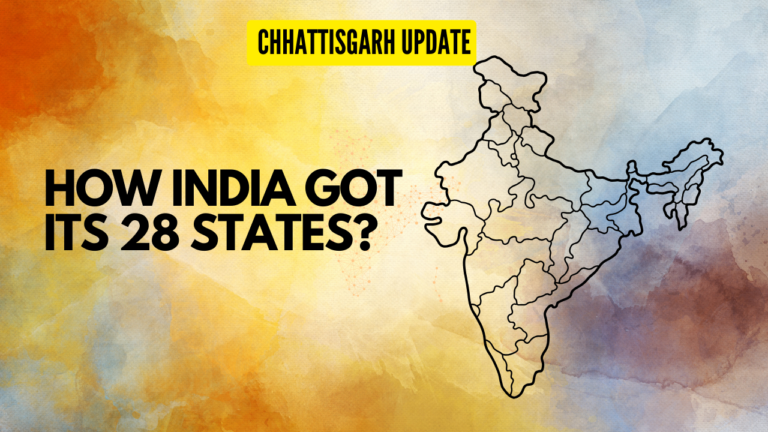In a move that has stirred the constitutional discourse, the Bihar government has urged the Centre to incorporate the recently amended laws—raising caste-based quotas from 50% to 65%—into the 9th schedule of the Constitution. This request, if accepted, holds significant implications for the legal framework governing reservations in India. Let’s delve into the intricacies of the 9th schedule, its historical context, and the landmark legal precedent that has shaped its interpretation.
### The Genesis of the 9th Schedule:
The 9th schedule was introduced to the Constitution through the 1st Constitutional Amendment in 1951 under Article 31B. Its primary purpose was to shield certain laws from judicial scrutiny, ensuring that they could not be challenged in courts for alleged violations of Fundamental Rights. The rationale behind this provision was to insulate land reform laws, which were instrumental for agrarian reforms, from being struck down by courts.
### The Shielding Effect of the 9th Schedule:
Laws included in the 9th schedule, both at the central and state levels, enjoy a unique immunity—they cannot be contested in courts on the grounds of violating Fundamental Rights. This immunity provides a protective shield, allowing certain legislations to persist even if they infringe upon individual rights guaranteed by the Constitution.
### The Coelho Judgment: A Landmark Ruling
While the 9th schedule was initially seen as an impervious shield, the Supreme Court, in the case of I R Coelho v State of Tamil Nadu (2007), introduced a crucial caveat. The court ruled that any law added to the 9th Schedule after April 24, 1973, could be challenged if it violated fundamental rights. This landmark judgment opened a window for judicial review, stating that laws undermining the basic structure of the Constitution, particularly as outlined in Article 21, along with Articles 14 and 19, could be subjected to scrutiny.
### Bihar’s Plea for Inclusion: Expanding Quotas and Constitutional Contours
Bihar’s request to include the recently amended laws, which raise caste-based quotas from 50% to 65%, in the 9th schedule carries constitutional significance. The 9th schedule has historically been a battleground for issues related to reservations and social justice. The inclusion of these laws would not only shield them from legal challenges but also signify a reassertion of state autonomy in the realm of social welfare legislations.
### Implications for Quota Expansion:
If the Centre accedes to Bihar’s plea, it would mark a significant step in expanding caste-based quotas. The move could potentially insulate these quota-enhancing laws from judicial challenges, allowing for a more expedited implementation. However, the legal contours and constitutional intricacies need careful consideration to ensure that the expansion aligns with the broader principles of equality and justice.
### Conclusion: Balancing Autonomy and Judicial Review
The 9th schedule, originally crafted to protect land reform laws, has evolved into a constitutional arena where the delicate balance between state autonomy and the judiciary’s role in upholding fundamental rights is tested. Bihar’s plea for the inclusion of recently amended laws adds a new layer to this dynamic. As the constitutional landscape evolves, finding equilibrium between expanding quotas for social justice and safeguarding the basic tenets of the Constitution becomes paramount. The journey ahead invites careful deliberation, ensuring that the quest for inclusivity is harmonized with the principles of constitutional justice.






